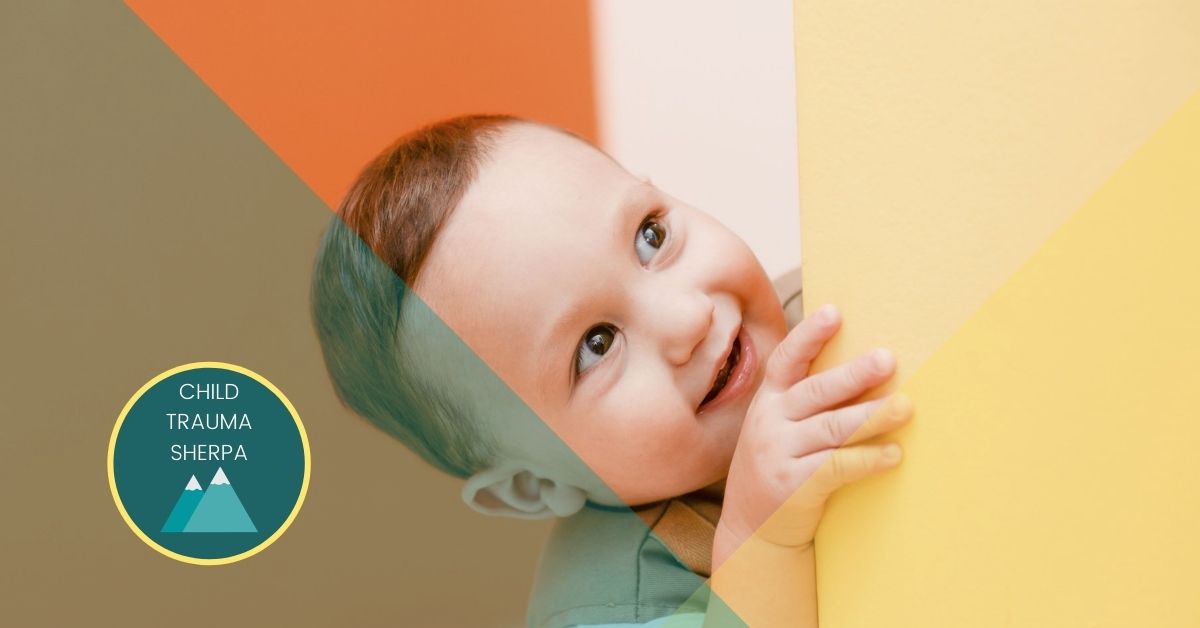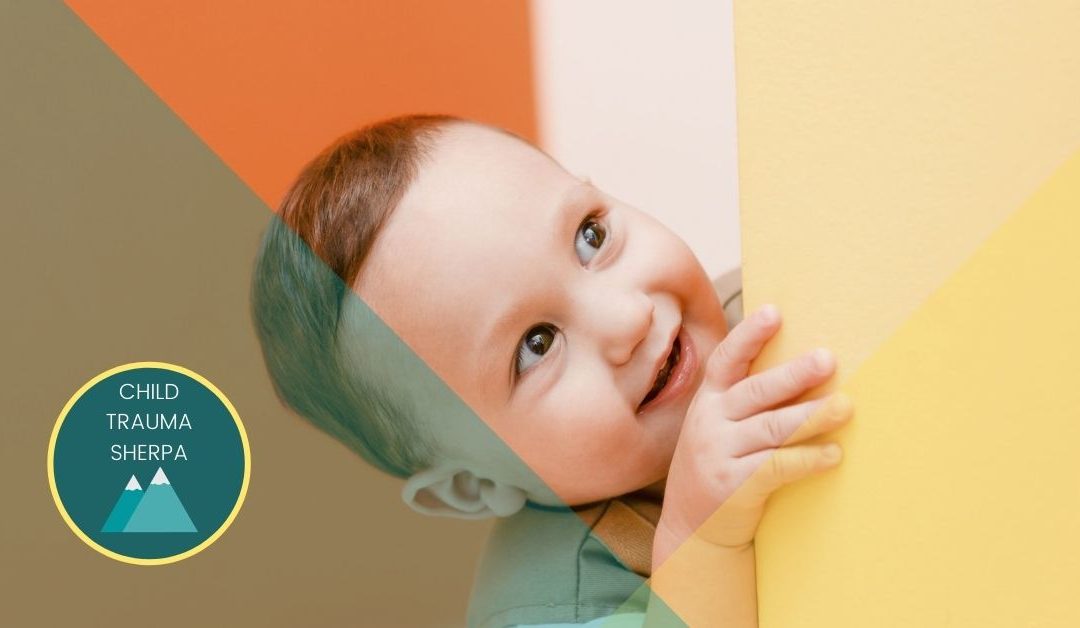How Adverse Childhood Experiences Lead to Memory Loss and How You can Begin to Heal
Memory loss and childhood trauma often go hand in hand. Blocking out traumatic memories is often used as a coping mechanism. In some cases, a person may even come to believe they were never a victim of childhood trauma.
However, blocking out these traumatic memories means that you are also unable to process what happened to you. Working through what you experienced is part of the healing process, and only through healing can a person find happiness and thrive in life.
Understanding How Childhood Trauma Leads to Memory Loss
Many types of trauma, including physical, emotional and psychological, can all play a factor in memory loss. This memory loss can be permanent or temporary, depending on the type of trauma. Each time someone experiences a traumatic event, it has an adverse effect on your life. This is why childhood trauma is often referred to as ACEs, or Adverse Childhood Experiences. Some types of childhood trauma include but are not limited to:
- Physical abuse
- Verbal abuse
- Sexual abuse
- Neglect (physical and/or emotional)
- Parent with substance abuse
- Family member with mental illness
- Witnessing violence in the home
- Divorce of parents, death, or abandonment of a family member
- Incarcerated family member
Memory Loss: Negative Impact Explained
Depending on the type of trauma experienced, and sometimes depending on the individual victim, memory loss could be unintentional or intentional. Let’s take a look at a breakdown of the types of trauma and resulting memory loss.
Physical Childhood Trauma and Memory Loss
If the individual suffered brain damage due to physical abuse, this can lead to unintentional memory loss. Any type of damage to the brain affects its ability to process and store information, the main functions of memory. The length of this memory loss depends on the severity of the injury. In some severe cases, a person may never get their memories back. This can make it more difficult, though not impossible, to heal from trauma that you may not be able to remember well. Part of the healing process is working through what happened to you and your memories are an integral part of that process.
If a brain injury did not occur during physical abuse, memory loss may also be intentional, serving as a coping mechanism. However, this intentional memory loss doesn’t allow the victim the ability to heal.
Emotional or Psychological Childhood Trauma and Memory Loss
Emotional memory loss can be a form of survival as a victim tries to protect themselves from psychological damage. This can lead to dissociative amnesia, a condition where you are unable to remember important information about your life, and is not the same as just normal forgetfulness. This amnesia can be limited to certain times in your life, such as the traumatic events, or can be general.
Dissociative amnesia can be mild or severe and can keep a person from being able to function, such as getting out of bed and being able to go to school or work. It can also affect relationships. However, dissociative amnesia is temporary and the victim may eventually begin to remember details of past traumas.
Hope in Help and Healing
Whether you are an adult who experienced childhood trauma or are the parent of an adopted child with trauma, there is hope. The victim of childhood trauma may not want to remember those traumatic events; however, it is key to acknowledge what happened to you and your memory loss in order to begin the healing process. While childhood trauma causes a real brain injury, it is possible to heal and live a full and productive life.
An effective way to help you or your child heal from past traumas is by working with a trauma-informed therapist. This person is a trained professional, specializing in trauma, who can assist you through the healing process, including dealing with memory loss. There are multiple types of trauma-focused therapy available that help address the impact of the trauma experienced. This type of therapy not only helps a person work through that trauma in a safe environment, but can also give them skills to cope with that trauma in a healthier manner.
Remember, you or your child are not alone. For more support and information, be sure to follow us on Facebook and join our Facebook Group.



